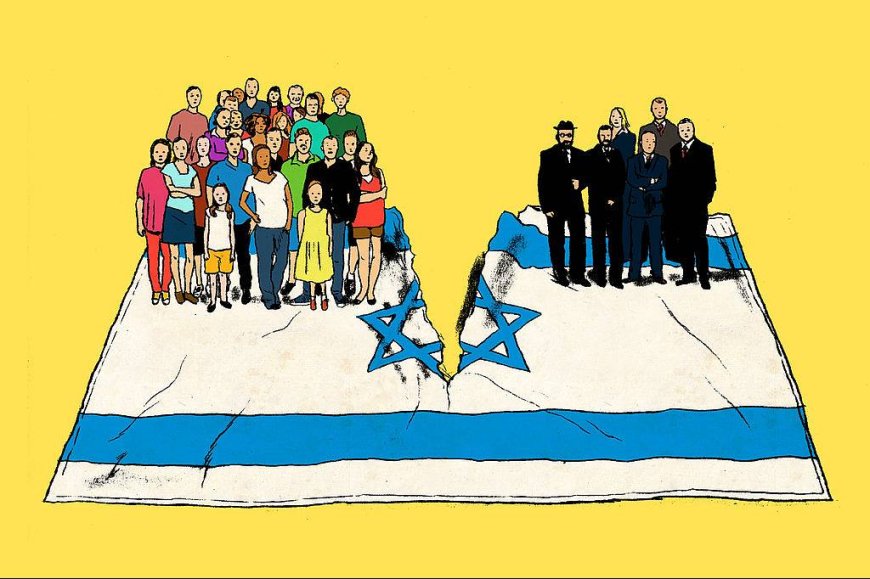According to the Hebrew daily Yediot Aharonot, the Israeli cabinet is in turmoil owing to fundamental disagreements between Netanyahu's Likud party and the Otzma Yehudit [Jewish Power] led by Itamar Ben-Gvir, who also serves as minister of national security.
Amid the continuing political tension and power struggle in the Zionist regime, Prime Minister Benjamin Netanyahu was lambasted by the Labor Party on Sunday for his statements about the need to "punch back" at protesters against the government and "hit out against the lies," which were widely regarded as inciting violence against the anti-Netanyahu demonstrators. Meanwhile, the head of the Israeli Labor Party, Meraf Mikael, was quoted by the "Israel Times" as claiming that a complaint had been made against Netanyahu for using offensive language against demonstrators and the opposition.
Hazardous fault lines are not confined to the political context of the Zionist regime; rather, they are spreading across Israeli society. Indicators of social harmony reveal that Israeli society is dangerously divided. A recent study found that 76% of Israelis believe their society is fragmented, which is commensurate with Israel's declining social cohesiveness index. The Israeli newspaper Maariv pointed out that this number is 10% higher than a year ago. Respondents in this study attribute political leadership (81%), new media (73%), and traditional media (68%) as the factors for the social divisions that have plagued Israel. According to this survey, 27% of participants believe Ethiopians are the most downtrodden and disadvantaged segment of Israeli society. At the same time, over half of those polled consider the Haredim community to be the most underrepresented social group. Also, one-third of the Zionist settlers believe Israel will cease to exist within 25 years.
Israel's political impasse has prompted Netanyahu to wage a desperate attack on Iran's peaceful nuclear program. The beleaguered Israeli Prime Minister uses Iranophobia to distract Israeli public opinion from the racist and extremist policies of his cabinet and advance the normalisation of relations with the reactionary Arab states. However, these outdated methods have not successfully reduced either internal tensions or foreign threats.
Israel witnessed five elections in the previous four years, and the result has been yet another shaky administration. Netanyahu is well aware that his unstable administration cannot withstand the insurmountable challenges and will ultimately collapse like his earlier ministries. Netanyahu understands that any military adventure against Iran would have far-reaching repercussions not only for his political career but also for Israel's very survival, given the military strength of the Iran-led "Axis of Resistance" that has encircled Israel on all sides.
By: M. Sharifi














































